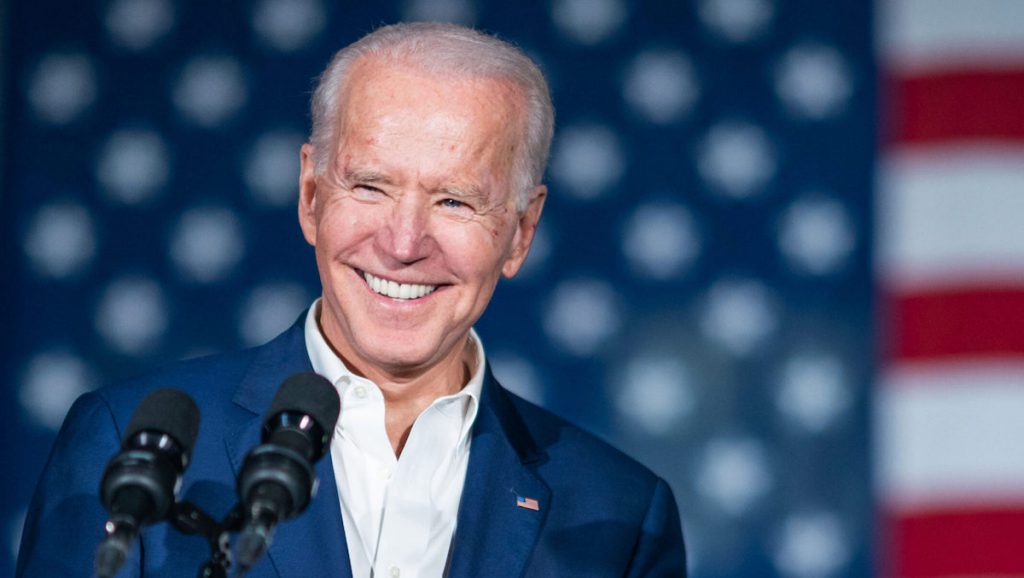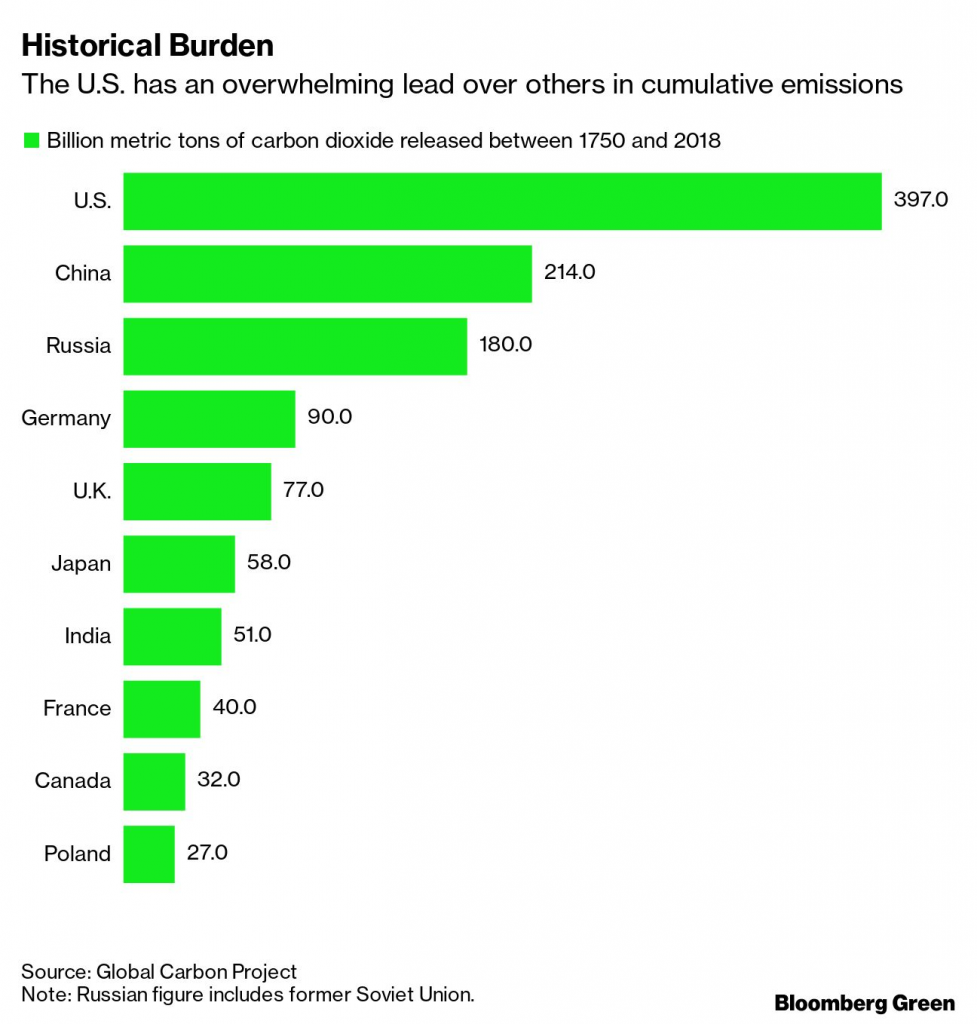US climate goal falls short of European peers and Paris target

President Joe Biden’s new commitment to cut US emissions in half over the coming decade from 2005 levels, with an aim to zero out planet-warming gases in the next 30 years, is the most ambitious climate goal yet by an American leader.
Yet it isn’t the most far-reaching goal on the international stage, coming in behind the U.K. and the European Union. And it’s unlikely to prove sufficient to keep average global temperature rise below 1.5°C, according to nonprofit Climate Action Tracker.
Before Donald Trump pulled out of the Paris accord, the U.S. had set a target to cut emissions by about 26% by 2025 from 2005 levels. Maintaining that trajectory would mean a roughly 34% reduction by 2030, according to clean energy research group BloombergNEF. Biden’s new emissions goal raises that ambition by about a third.
But to avoid 1.5°C of warming, according to Climate Action Tracker, the US would have to set a 2030 target of more than 57% relative to 2005 and help developing countries to cut emissions.

The two-day Climate Leaders’ Summit is Biden’s opportunity to show that the U.S. is serious about leading the world on climate action. All 40 world leaders invited to the summit will be attending, with several set to announce more ambitious climate goals. Comparing these national targets is made difficult because countries use different baselines.
The U.K. is tabling legislation to cut emissions by 78% by 2035 relative to 1990. Japan has pledged to reduce its emissions by 46% by 2030 from 2013. The EU plans lower net greenhouse emissions by at least 55% by 2030 compared to 1990. Using that earliest baseline, the US target is less ambitious than the U.K. and EU but stronger than Japan’s.
Developed countries have long faced criticism from emerging nations that they should do more to address climate change, given most of the greenhouse gases that have accumulated in the atmosphere came from economies that industrialized first.
“The plan laid out by President Biden is hugely welcome and shows the kind of ambition we need to see from rich, polluting nations,” said Mohamed Adow, director of think tank Power Shift Africa. “But truth must be told. It still falls short of what is needed from the biggest historical emitter and wealthiest country.”
(By Akshat Rathi, with assistance from Jess Shankleman)
{{ commodity.name }}
{{ post.title }}
{{ post.date }}




Comments